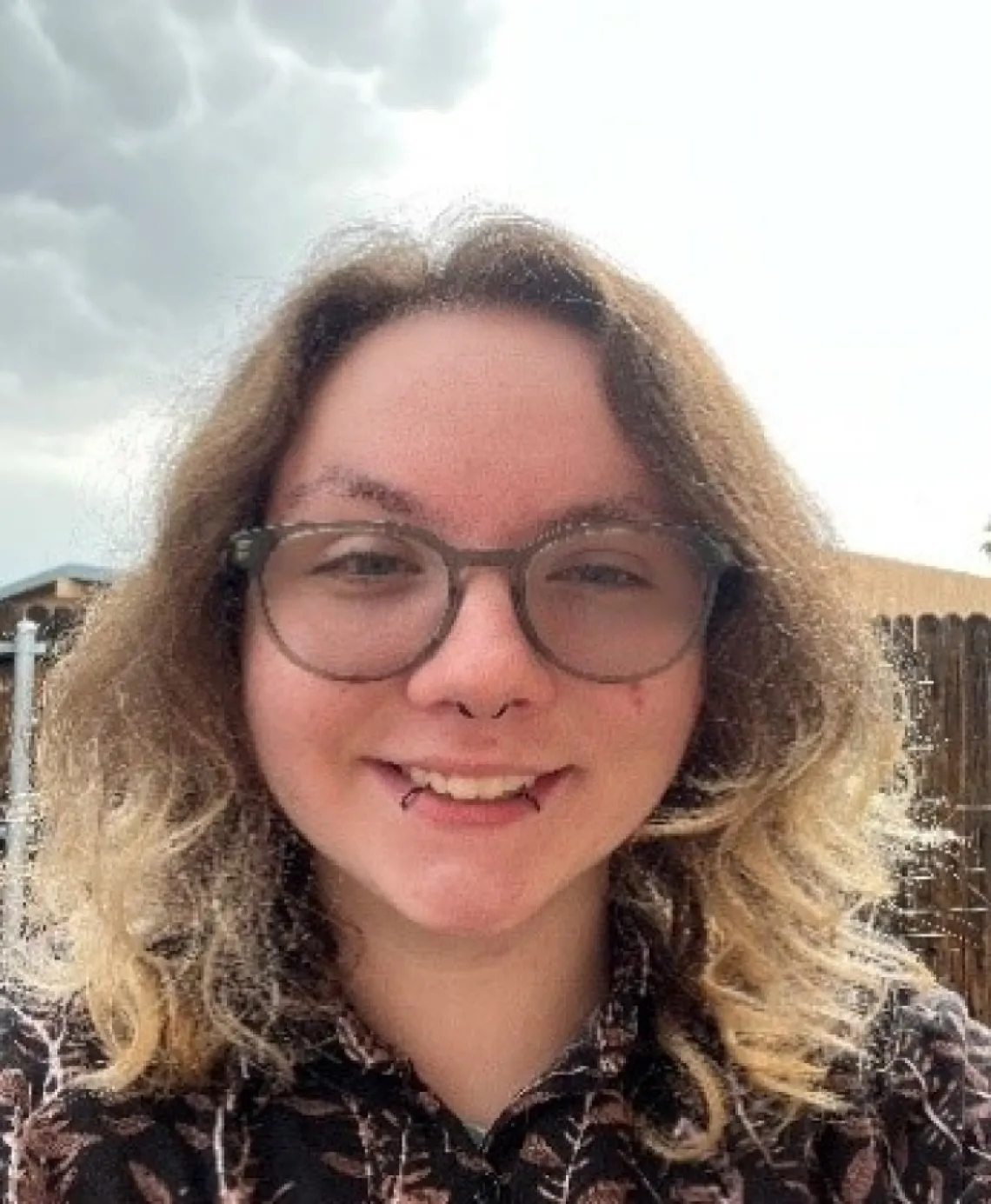The CACTI Blog: Trauma-Informed Care: Asking the Question “What Happened to You?”

By Elexander Childers, 2023-2024 Undergraduate Certificate In Developmental Disabilities
Trauma is an ever-growing topic of discussion in the last few decades, as it can affect anyone from any walk of life. More and more, healthcare professionals are implementing a trauma-informed approach in their practices. Among these are the University of Arizona Sonoran Center for Excellence in Disabilities and The Link Center, which is a national resource center devoted to supporting people with co-occurring developmental disabilities and mental health disorders. The Sonoran Center is also interested in translating research done by Dr. Lynne Tomasa into a trauma-informed curriculum to meet the interest and needs of the disability community. I have had the pleasure of working with both of these organizations on the beginning steps of developing a trauma-informed curriculum.
The effects trauma can have on a person can vary, but it is caused by an event(s) or set of circumstances that are physically or emotionally harmful or life threatening. Trauma can have lasting effects on one’s physical, social, emotional, and spiritual wellbeing. A trauma-informed approach in healthcare asks the question, “What happened to you?” instead of “What’s wrong with you?”, and incorporates evidence-based practices to support individuals who have experienced trauma. The core principles of trauma-informed care are patient empowerment, choice, collaboration, safety, and trustworthiness. As we begin developing our own curriculum, we want to ask the community their opinions about this prospect.
I have been working with Dr. Tomasa on creating a survey to understand the needs of the community. Survey development can be a long and challenging process, but the resulting responses are a helpful tool to point the direction of our research. Before drafting the survey, the team and I directed our attention to researching different types of trauma-informed curricula, their formats and their accessibility to different groups of people. Following this, we came together to discuss what questions are important to ask in this survey based on our research findings. We created different drafts of possible questions, and discussed different aspects of survey creation, including what questions are important to our research question. We discussed and practiced how to write clear and concise questions using plain language. Our hope is that this survey will direct our future plans on developing a curriculum that is useful and relevant for the Tucson disability community. Our goal is to develop a survey for a broad audience that includes survivors of trauma and abuse, families, direct support professionals, health care providers, administrators, and others who are impacted by trauma. After its completion, this survey will be available in an upcoming Sonoran Center newsletter.
The other half of my community experience the semester of spring 2024 has been working with Drew Milne to bridge the work both The Link Center and Sonoran Center have been creating for trauma-informed curricula. We have discussed possible connections at The Link Center to work towards this possibility. I also got the opportunity to attend a Link Center partners’ meeting, which occurs every quarter, and during this I was able to learn more about the work some of the partners have been doing. We will continue to communicate between the two centers to hopefully collaborate on curricula development. I have also been writing drafts for possible capsule exercises to be included in our work. Capsules are short written scenarios that allow the participant to imagine a real-world situation using the contents of the curriculum. These can better engage learners with the material and understand the core points we want to communicate.
Working on the beginning stage of creating a curriculum for trauma-informed approaches has been an incredible opportunity and worthwhile task I’ve taken part in. I plan to continue studying trauma, its effects, and the best approaches to healing in the future, so helping to create this survey has given me a better understanding of various trauma-informed curricula and their uses. I hope to work with the community using these approaches to care. It is my belief that using trauma-informed approaches in healthcare will lead to a culture of best practices, so we can all heal upon understanding what may have happened to us and work towards a better future.
The CACTI Blog features the voices of our interdisciplinary trainees and Community Advisory Council members as they highlight diverse images of people with disabilities and provide community information and advocacy on disability issues. Check Out The CACTI Blog
